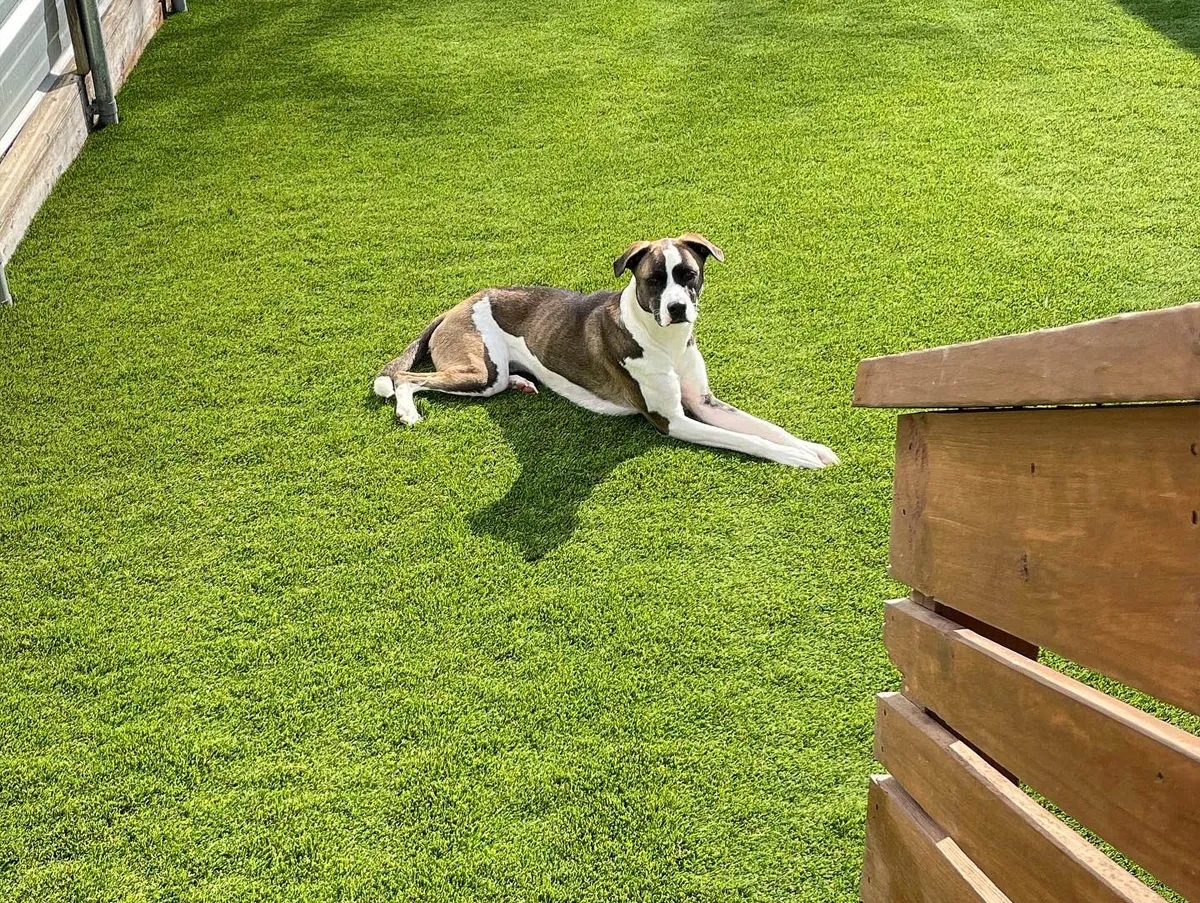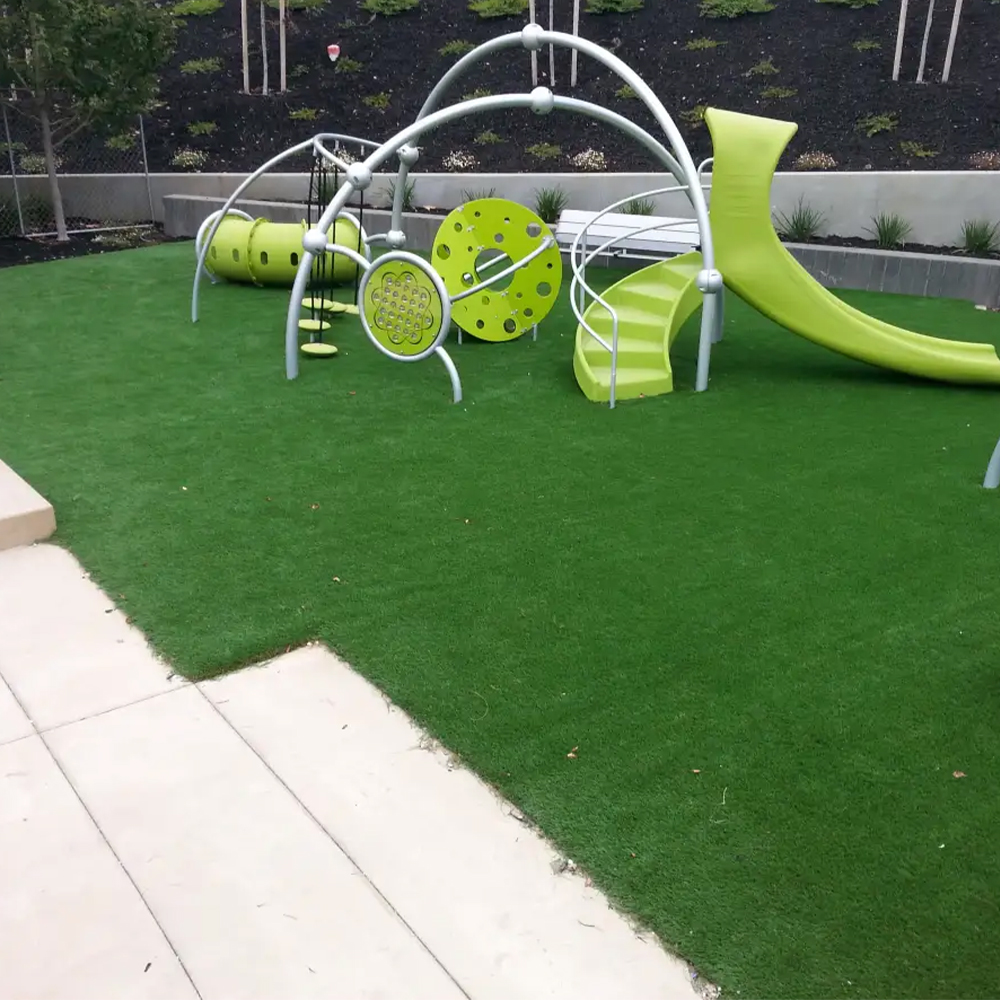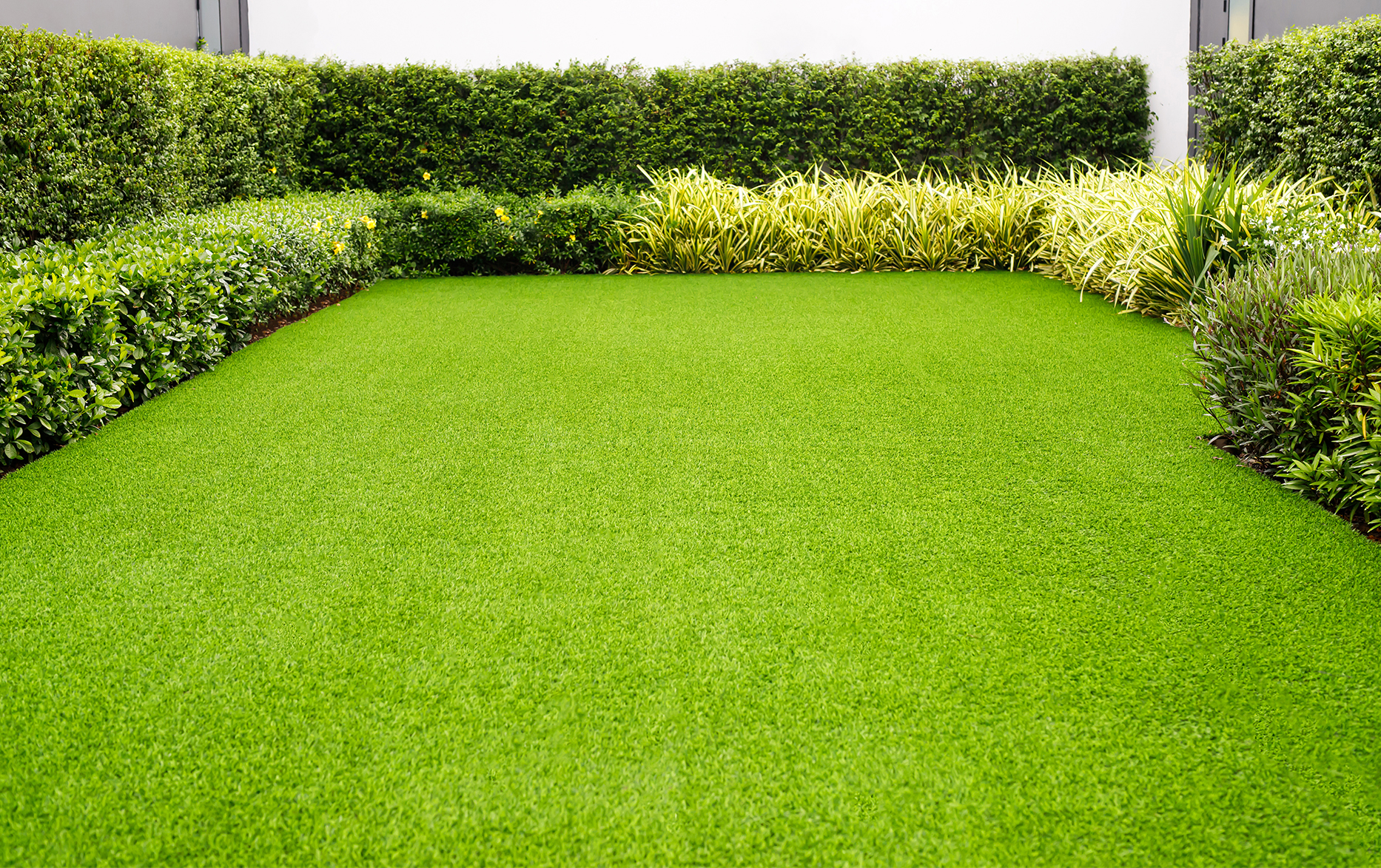Select Reliable Artificial Turf Companies Phoenix for Long-Lasting and Realistic Grass
Select Reliable Artificial Turf Companies Phoenix for Long-Lasting and Realistic Grass
Blog Article
Look Into the Environmental Perks of Opting for Artificial Grass Solutions
The adoption of synthetic grass options provides a compelling opportunity to deal with pressing ecological challenges. By substantially minimizing water usage and decreasing the application of unsafe chemicals, these alternatives not just promote lasting landscape design however likewise safeguard neighborhood ecological communities. The lower carbon impact associated with lowered maintenance activities adds to a more sustainable method to land administration. Nevertheless, the implications of these benefits expand past mere preservation efforts, questioning concerning their long-lasting influence on habitat conservation and overall eco-friendly balance. Exploring these measurements reveals a complicated interplay worth thinking about.
Water Conservation Advantages
One of the most considerable benefits of artificial turf is its ability to conserve water. Conventional yard yards call for considerable irrigation, especially in locations susceptible to drought or water limitations. On the other hand, synthetic grass does not need watering, considerably minimizing the total need for water sources. This function is particularly valuable in arid areas where water deficiency is a pressing problem.
By eliminating the need for regular watering, synthetic grass contributes to sustainable landscape practices and assists mitigate the ecological impact of excessive water intake. Additionally, the preservation of water prolongs to the reduction of drainage, which can cause dirt erosion and river contamination.
Furthermore, the installation of fabricated grass permits homeowners and districts to assign water sources more effectively, concentrating on essential usages such as drinking water and farming. The shift in the direction of synthetic lawn not only advertises liable water use however likewise aligns with wider environmental objectives focused on protecting all-natural resources.
As neighborhoods significantly focus on sustainability, the water conservation advantages of fabricated turf present an engaging instance for its adoption in industrial and household landscape design tasks.
Reduced Chemical Use
The transition to synthetic grass substantially lowers the reliance on chemical treatments typically used in natural lawn upkeep. Standard grass monitoring usually entails the application of plant foods, herbicides, and chemicals to promote development and control parasites. These chemicals can pose dangers to human health, local wild animals, and the atmosphere, contributing to soil and water contamination.
On the other hand, synthetic grass removes the need for these damaging substances. As soon as set up, it needs minimal upkeep, mainly consisting of regular cleansing and occasional infill replenishment. This reduction in chemical use not just benefits the immediate environment yet likewise contributes to more comprehensive ecological stability. By decreasing the release of artificial substances right into the community, artificial lawn promotes healthier dirt and water systems.
Moreover, the absence of chemical overflow connected with synthetic grass installments helps shield regional rivers from pollution, supporting aquatic life and keeping biodiversity. Turf installation phoenix az. As neighborhoods increasingly prioritize lasting practices, going with artificial grass offers a sensible solution that lines up with ecological preservation goals. Through this shift, home owners can appreciate rich eco-friendly rooms without compromising environmental wellness, paving the way for a much more sustainable future
Reduced Carbon Impact

Additionally, the setup of synthetic lawn can lead to considerable water preservation. Natural lawns need substantial quantities of water for watering, which not just includes to the carbon impact connected with water extraction and treatment however likewise pressures neighborhood water sources. In comparison, artificial lawn requires marginal check that maintenance, needing no watering, consequently substantially minimizing water use and its connected power costs.
Additionally, the longevity of synthetic grass adds to its lower carbon influence. With a life-span of approximately 15 years or even more, the demand for regular substitutes is decreased, causing much less waste and lower energy consumption in manufacturing and disposing of traditional lawn options. Generally, synthetic grass provides a sustainable alternative for eco mindful landscape design.
Environment Preservation
Habitat conservation is an essential factor to consider in the discussion over landscape design choices, especially when comparing synthetic grass to all-natural turf. Natural yard lawns typically require considerable upkeep, consisting of using chemicals, herbicides, and fertilizers, which can detrimentally influence neighborhood ecological communities. These chemicals can leach right into the soil and waterways, damaging native vegetation and fauna and interfering with neighborhood environments.
On the other hand, synthetic grass provides a possibility to minimize the ecological footprint of landscape design. By selecting synthetic yard, house owners can minimize the interruption of all-natural habitats associated with standard grass care methods. Synthetic grass removes the need for damaging chemicals, thereby shielding close-by wild animals and maintaining the stability of bordering communities. Moreover, the installation of synthetic grass can lead to the conversion of former grass areas into even more biodiverse landscapes, such as pollinator yards or indigenous plant areas, which can sustain local wildlife.
Inevitably, the transition to synthetic grass not only conserves water and reduces maintenance efforts but additionally cultivates a much more unified partnership in between human activities and the natural environment, promoting habitat conservation in the procedure.
Long-Term Sustainability
Long-lasting sustainability is a critical consider reviewing the benefits of man-made turf over traditional yard yards. Among the most significant advantages of man-made turf is its sturdiness; it can last approximately look at this site 15-20 years with marginal maintenance, whereas all-natural lawn requires constant reseeding and substitute. This longevity lowers the need for consistent resources, such as water, plant foods, and pesticides, which are important for keeping a healthy and balanced grass lawn.
Furthermore, synthetic grass adds to a reduction in carbon discharges related to yard treatment devices. Traditional grass usually need gas-powered lawn mowers, trimmers, and blowers, every one of which contribute to air contamination. Artificial turf companies phoenix. On the other hand, synthetic lawn gets rid of the need for such devices, advertising a cleaner environment
Additionally, the manufacturing of synthetic grass significantly utilizes recycled products, boosting its sustainability profile. As manufacturers embrace eco-friendly methods, the ecological impact of synthetic grass proceeds to lessen.

Verdict
The adoption of synthetic grass solutions offers significant ecological benefits, consisting of significant water preservation, decreased reliance on damaging chemicals, and a lower carbon impact. Additionally, synthetic turf aids in maintaining natural environments by reducing land disruption and promoting long-lasting sustainability through using durable products. Collectively, these elements emphasize the potential of man-made lawn to contribute favorably to environmental health and wellness and offer a feasible option to conventional landscape design techniques in a progressively resource-conscious globe.
In comparison, man-made turf does not need watering, substantially reducing the overall demand for water sources. By reducing the launch of artificial substances right into the ecosystem, man-made grass advertises healthier dirt and water systems.
Additionally, the setup of man-made lawn can result in significant here water preservation. In contrast, man-made lawn requires marginal upkeep, calling for no watering, consequently dramatically reducing water usage and its associated power costs.

Report this page